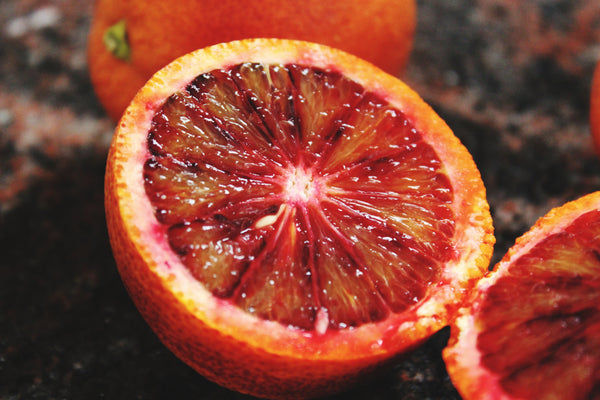
Marketing of Foods that are Harmful to Kids

Currently, many cheap and cheap foods are often marketed through television and the internet.
Almost all of the foods in these advertisements are high in unhealthy fat, sugar, and/or sodium.
Your child doesn't know that. They see something that looks good and is fun, and they ask you to buy them a treat from the internet or tv.
Marketing tends to deceive. To successfully sell something, the company emphasizes a strong point on the product. They may be eager to talk about 10 grams of protein, and cleverly ignore 24 grams of added sugar.
Before you allow that new cereal or box of chicken nuggets into your family's diet, you need to understand how these ads work and how overconsumption of these foods can be harmful to your family's health.
America's Children's Health
The rate of obesity in children continues to increase. One in every five children in the United States is obese, with more falling under the overweight umbrella.
Each year, 1.5 million Americans are diagnosed with diabetes, and this includes people under the age of 20. Unhealthy children can easily become unhealthy adults, especially if they do not understand the basics of proper nutrition and health care.
If you find these facts concerning, you should do so. Obesity and diabetes can have an impact on your child if you don't take a proactive approach to your child's health.
Part of that approach should include an understanding of the marketing tactics used to lure young children into unhealthy food and drink.
An equally important part of that approach is teaching your child the basics of nutrition. They are never too young to learn how to make healthy choices.
Food Marketing for Kids
The food and beverage industry spends $2 billion a year on marketing to youth. This hefty budget allows companies to plug themselves into every TV channel, every pre-roll and mid-roll ad on YouTube, as well as banner and video ads on the popular ad-supported streaming service.
These ads sometimes use cartoon characters. They tuck in cute, smart, and charming things.
They also sometimes incorporate cross-branding, bringing their beloved characters into the realm of unhealthy food and increasing product appeal. Their message is simple. Manufacturers want to make junk food look fun.
The only way to keep your child from being exposed to these ads is to use an ad-free subscription to all household services, although this may still not be the best option.
While initiatives have been taken to change the way unhealthy foods and drinks are marketed to children, they are not always perfect.
Phrases like "part of a balanced breakfast" may not mean much to a six-year-old watching weekend cartoons. In some cases, food companies are crossing the line by applying an artificial "health halo" to their products.
Teaching Your Child About Nutrition
Instead of blocking all ads from your child's life, explain to them why the food in the ad is not good to eat. Teach your child the difference between smart choices and unhealthy choices.
This doesn't mean you have to ban children from things they enjoy that aren't always nutritionally healthy.
An active kid who wants to go out for ice cream after a football game is unlikely to be harmed by a little chocolate and a few wrong sprinkles.
It's better to teach your child that moderation is the key to healthily enjoying the occasional treat.
Pizza dinner is okay. There is a time and a place for cake. Your child needs to know that.
Children also need to know about the vitamins and nutrients they need to give their bodies energy, why protein is an important part of their diet, and what added sugar and unnecessary fat can do to sabotage their health.
Preparing Children for Healthy Adulthood
Preparing children for healthy adulthood is just as important as preparing children for college funding. You want to make sure your child can have a solid future and make good choices.
You have to be equally concerned with their diet. If a child's nutritional perspective is fundamentally strong, they will have a lot to learn once they become independent.
One of the best ways to set kids up for healthy adulthood is to invite them into the kitchen. Cook with them. Let them help with meal planning. Show them how to calculate the overall nutrition of food. This hands-on approach creates opportunities for more family bonds while teaching your child important life skills. If they know how to cook for themselves, they won't feel dependent on takeout when college arrives.
Conclusion
It's important to keep your kids healthy, but what's even more important is to teach your kids to take care of themselves. They will always want things that are not necessarily good for them. And sometimes, you have to let them pamper themselves.
There is a big difference between restriction and moderation. As long as your child's diet is complete and mostly healthy, the occasional snack is harmless.
Complete your child's health with an excellent multivitamin. Hiya Multivitamins are specially formulated for children and supported by experts. Multivitamins, when used in conjunction with a balanced diet, can help fill the nutritional gaps that come from being a picky eater.
Our vitamins are made from fruits and vegetables and naturally sweetened with monk fruit. You won't find added sugar here. Only honest ingredients and no rubbish.






